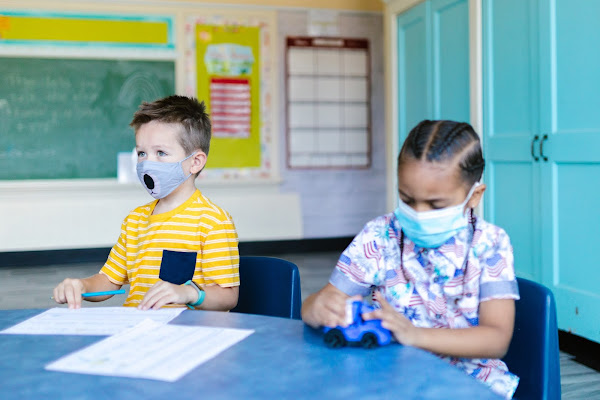Authentic Montessori daycare includes learning about grace and courtesy as part of the daily curriculum. Maria Montessori understood that learning important social graces played an important part in childhood education by making children more secure in themselves and understanding of others.
Gratitude and Self Esteem
Building a child’s self-esteem is a big part of Montessori daycare. The idea is that children who feel good about themselves and their abilities are going to be more interested in making an effort and participating in classroom events. Giving and receiving gratitude is beneficial to both parties, and helps children develop a healthy sense of personal worth.
Gratitude and Common Courtesy
Social etiquette in Montessori daycare is built around the expression of humility and gratitude. For many small children, developing the ability to put oneself in another’s shoes is a new and major accomplishment. Humility teaches them that we are all equal, and gratitude allows us to express our appreciation when others do things that benefit us. Learning to exhibit “good manners” develops critical thinking skills and helps children understand what it means to show compassion for others.
Gratitude and Social Interaction
During the Montessori daycare years, children begin to develop the ability to imagine how others feel. Because daycare children are eager to please others and they often use gratitude as a simple way to show they are pleased to be noticed, included, or invited to participate.
Gratitude and Attitude
Research has shown that daycare children who have been taught the basics of grace and courtesy are happier, more outgoing, and more eager to participate in group events. Maria Montessori observed the connection between polite behavior and individual attitudes, and so she included lessons on grace and courtesy as a central part of Montessori education.
Learning about gratitude and courtesy is just as important to childhood development as developing strong muscles and learning to read and write. And because so many of the interactions children throughout the day provide an opportunity for gratitude, it is included in almost every action and activity in the Montessori daycare environment.


